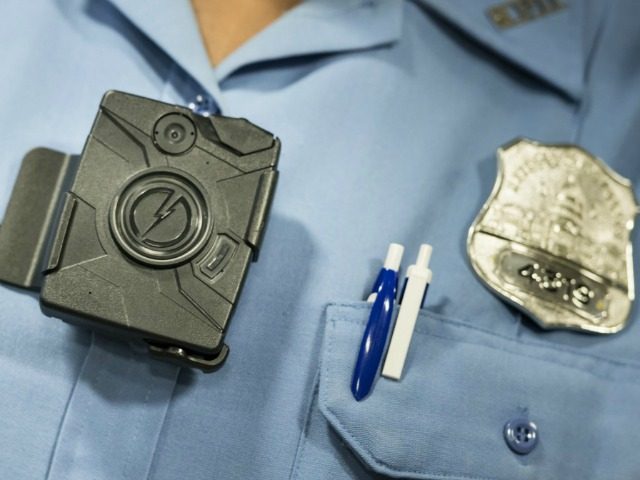Taser recently announced the creation of their own artificial intelligence division which will be developing AI-powered police body cameras.
Vocativ reports that in recent years, Taser has focused on the development of police body cameras, used to record daily police duties which can be used as evidence of crimes in court. Taser now hopes to improve their body camera technology with the recent acquisition of two tech firms: Dextro, a New York-based computer vision startup; and Misfit, a computer vision company previously owned by watch manufacturer Fossil.
Taser says that these two newly acquired firms will work together to develop AI-powered technology designed specifically for law enforcement.
Improvements to Taser’s current body camera technology will include machine learning algorithms designed to allow police officials to identify and search for people and objects in recorded body camera footage. Current body cameras could soon become more powerful, developing the ability to identify different objects, events, and people recorded during police encounters both in recorded footage and real-time feeds.
The overall idea is to streamline video searching, allowing police officials to search footage for specific events or people rather than combing through hours of recorded footage.
The cameras will identify and tag people and objects in real-time, assigning keywords to them which will create a searchable database. Algorithms created by Dextro will also allow police to search for specific events, such as foot chases or traffic stops. According to Taser, within the next year, their automation technology will reduce the amount of time needed to edit or remove suspects’ faces from one hour of police body camera footage from 8 hours to 1.5 hours.
Taser’s Vice President of Communications, Steve Tuttle, dismissed privacy concerns raised by the new technology: “To clarify, Dextro’s system offers computer vision techniques to identify faces and other objects for improving the efficiency of the redaction workflow. AI enables you to become more targeted when needed.”
Tuttle explained that “you can show where a face starts in a video” but the AI “doesn’t identify individual faces or people.”
Taser CEO Rick Smith discussed his hopes to use the AI technology to cut down the amount of computer work offices are forced to do in a live webcast on Wednesday. “Police officers are spending most of their time entering information into computers” about their interactions in the field, Smith said. “We want to automate all of that.”
It’s Smith’s hope that one day the Taser body camera AI will act as a sort of “digital secretary” for police officers.
Lucas Nolan is a reporter for Breitbart News covering issues of free speech and online censorship. Follow him on Twitter @LucasNolan_ or email him at lnolan@breitbart.com

COMMENTS
Please let us know if you're having issues with commenting.